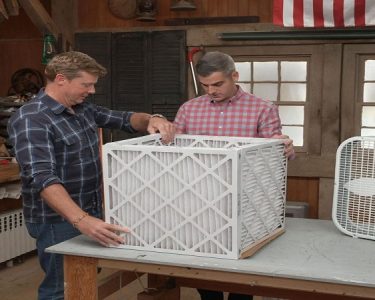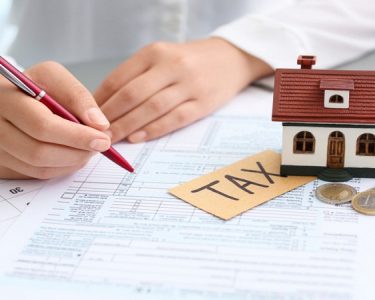The Statutes of the Owners Association
The constitution of the owner association may also contain rules for the constitution and exercise of the rights and provisions not prohibited by law in the use or destination of the building, its different floors or premises, facilities and services, expenses, administration and government, Insurance, conservation and repairs, forming a private statute that will not harm third parties if it has not been registered in the property registry.
- The owner association complements the provisions of the law.
- Normally they are established by the sole proprietor, but once the sale of the flats or premises has begun, they must be done by all the owners by unanimous agreement.
- Owner association oblige all members of the owner association and, as long as they have been registered in the land registry, also to third parties outside of it.
- Owners associations are unanimously approved and amended.
As regards the content of the statutes of owners association, these can establish the exemption of the payment of certain common expenses to certain owners, attribute the exclusive use of certain common elements such as patio, terraces, etc. to an owner, establish the general lines of administration of the building, and regulate the insurance of the same. The bylaws may establish prohibited activities for the owner or occupant of the community both in the rest of the property.
- Owners association limit the right that each owner has to use their floor.
- They prohibit leasing the house and regulate the division of a common element, since it is prohibited by law.
- Establish the irrevocability of the positions of President, Secretary or Property Manager.
- Regulate the holding of the Boards in a manner different from established in the law.
Internal Rules in Owners Association
Within the limits established by law and bylaws, the owners may set internal rules to regulate the details of coexistence and the proper use of common services and things, rules that will bind all holders as long as they are not modified in the manner foreseen to make agreements on the administration.
Accordingly, the internal regulations may contain, among others, provisions relating to the collection of garbage, opening and closing hours of the main gates, heating ignition, use of the swimming pool, laying clothes, etc.
Unlike the statutes, whose approval and modification require the unanimity of the owners association, the internal rules are approved and modified, on first call, by a majority of the total owners who in turn represent the majority of the participation quotas or, on second call, by a majority of the attendees who in turn represent more than half of these participation quotas.





